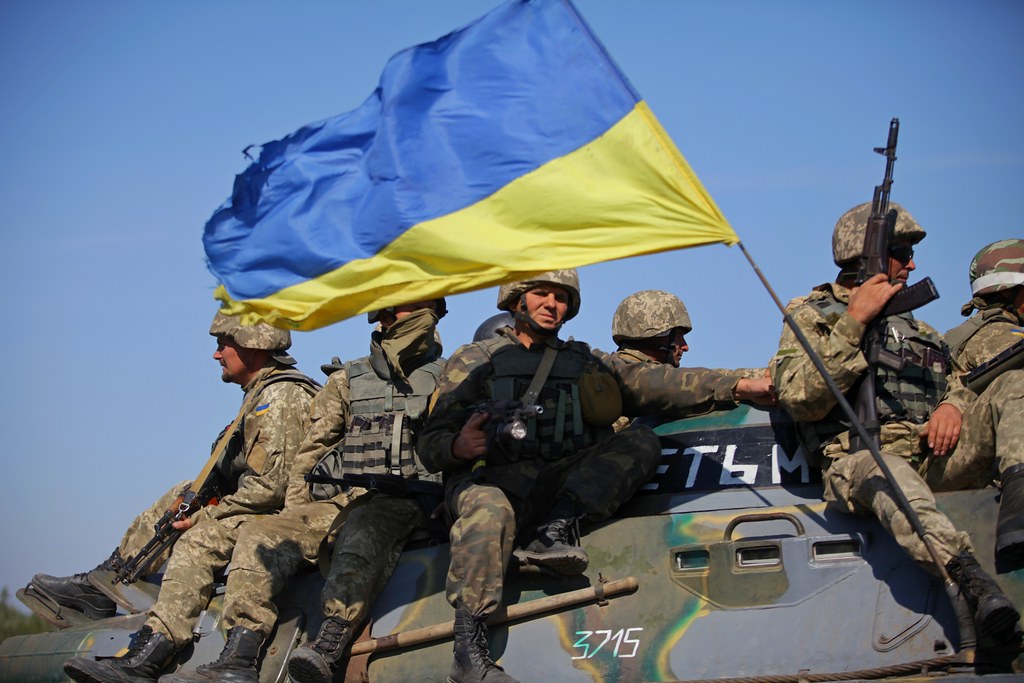South Africa, (Parliament Politics Magazine) – South Africa was approached to play a mediation role in the conflict between Russia and Ukraine due to its non-biased role and mutual standing.
South Africa has a track record of successfully mediating high conflict environments. South Africa mediated the Eswatini democracy crisis, the Lesotho reform crisis, the Mozambiqueconflict crisis, and Zimbabwe’s political crisis.
Putin approached South Africa due to its diligent handling and transition into a democratic republic post-apartheid. He believed that President Cyril Ramaphosa would share an interesting perspective that could help Russia and Ukraine resolve their conflict. The conversation was conducted telephonically. Ramaphosa stated that he had spoken to Putin in order to “Gain an understanding of the situation that was unfolding between Russia and Ukraine.” Following their civil engagement, Ramaposa further outlined that President Putin appreciated South Africa’s approach. Ramaphosa added “We believe this position enables both parties to subject the conflict to mediation and negotiation. Based on our relations with the Russian Federation and as a member of BRICS, South Africa has been approached to play a mediation role.”
However, despite South Africa’s purpose to help in the mediation between the conflicting countries, South Africa has not actually done its role justice. Ramaphosa abstained from voting on three UN general assembly resolutions. The resolutions specifically condemned Russia’s invasion of Ukraine. Even though South Africa does not directly state that they approve of Putin’s invasion of Ukraine, they have also not condemned the invasion.
South Africa’s neutral stance on Russia’s invasion of Ukraine has proved to be more harmful than good. South Africa’s prominent presence and important role in the mediation of the war has since diminished due to its inability to provide a stance or complete resolution to the given conflict.
South Africa has aimed to appease both parties. They have good reason to as well. South Africa imports wheat, hot rolled iron and malt from Ukraine. SA imports copper wire, wheat and meslin, petroleum and oil from Russia. On the other hand, Russia is beneficial economically to South Africa. SA exports Manganese ores and concentrates to Russia. Additionally, South Africa exports large numbers of equine and bovine hides, cars, and citrus to Ukraine. All of which are lucrative to South Africa’s developing economy. These are trade relations which South Africa cannot afford to lose should they side with one country over another.
But in doing so, their stance and decisions do not carry the same weight that they once did. South Africa may have missed its chance at being the most important mediator in the Russia Ukraine conflict by displaying neutrality.

